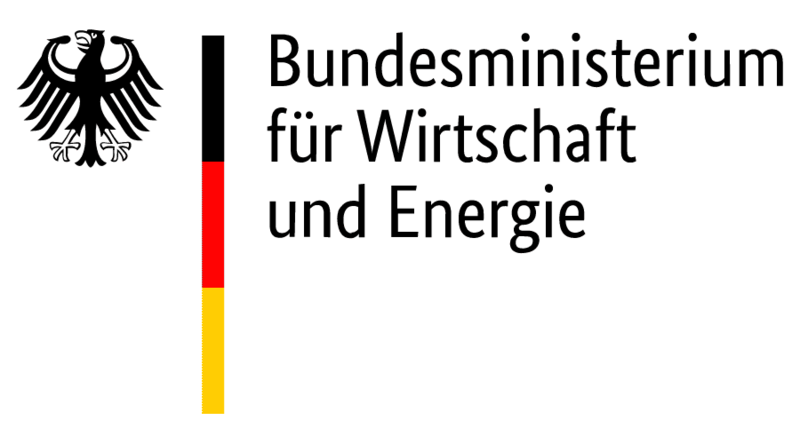
The ReqMech project intends to develop and deliver a Requirements Engineering Framework that enhances the product development process of small and medium-sized enterprises (SME) in the field of mechatronics.
European Mechatronic SME’s need to enhance their product development processes in order to maintain and strengthen their position in a competitive global market, as the customer expectations on product quality are as high in SME’s as in other companies.
The high complexity of mechatronic products requires an integrated development process that is embedded in the different disciplines such as mechanics, electronics, and software. A failing or non-existing Requirements Engineering approach introduces inconsistencies in the design and causes huge costs due to extra verification and testing. It thus makes it difficult to bring machines to the customer in a predictable and reliable way. Therefore Mechatronic SME’s need a pragmatic requirements engineering methodology to develop their products “first time right”.
